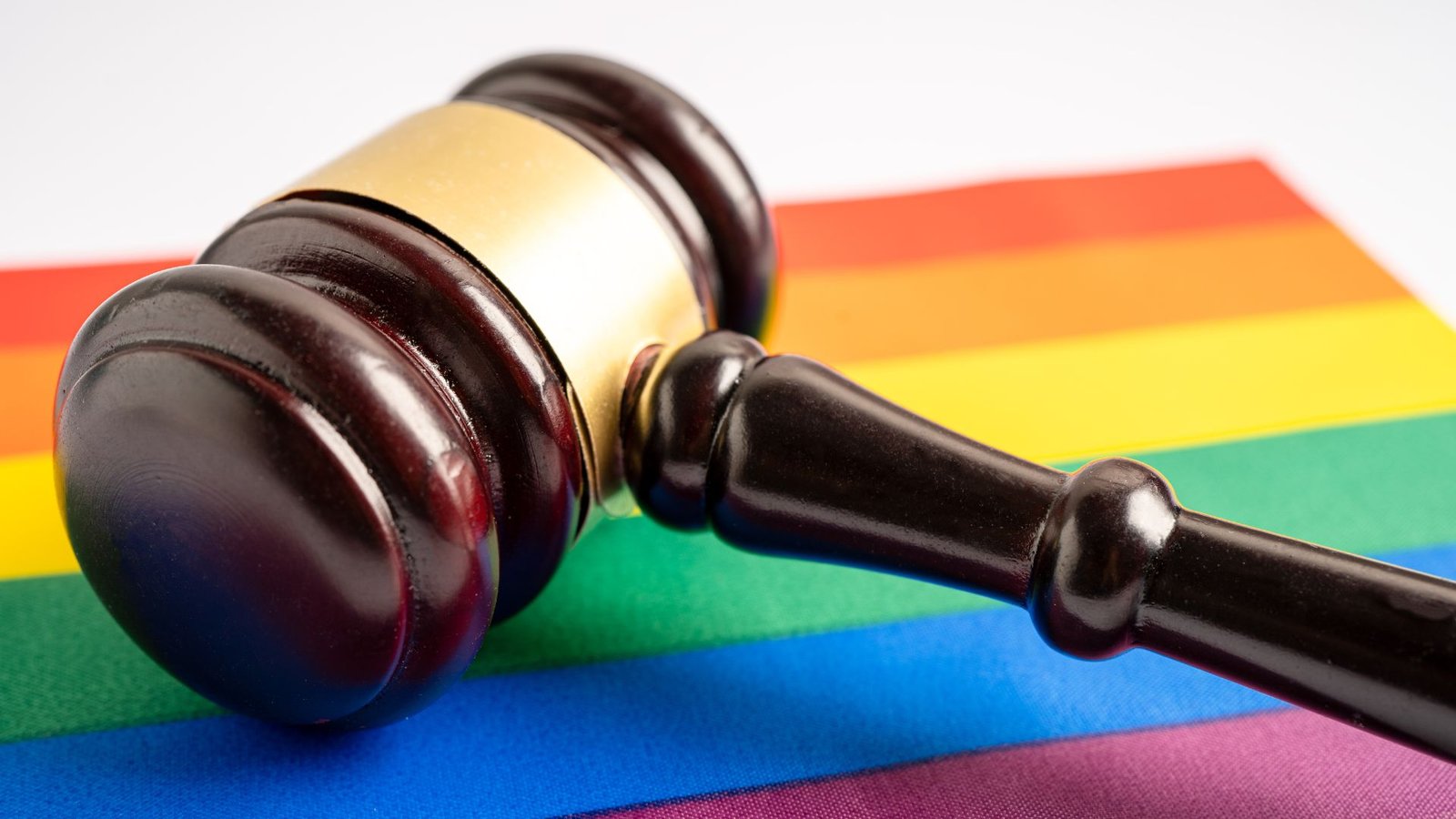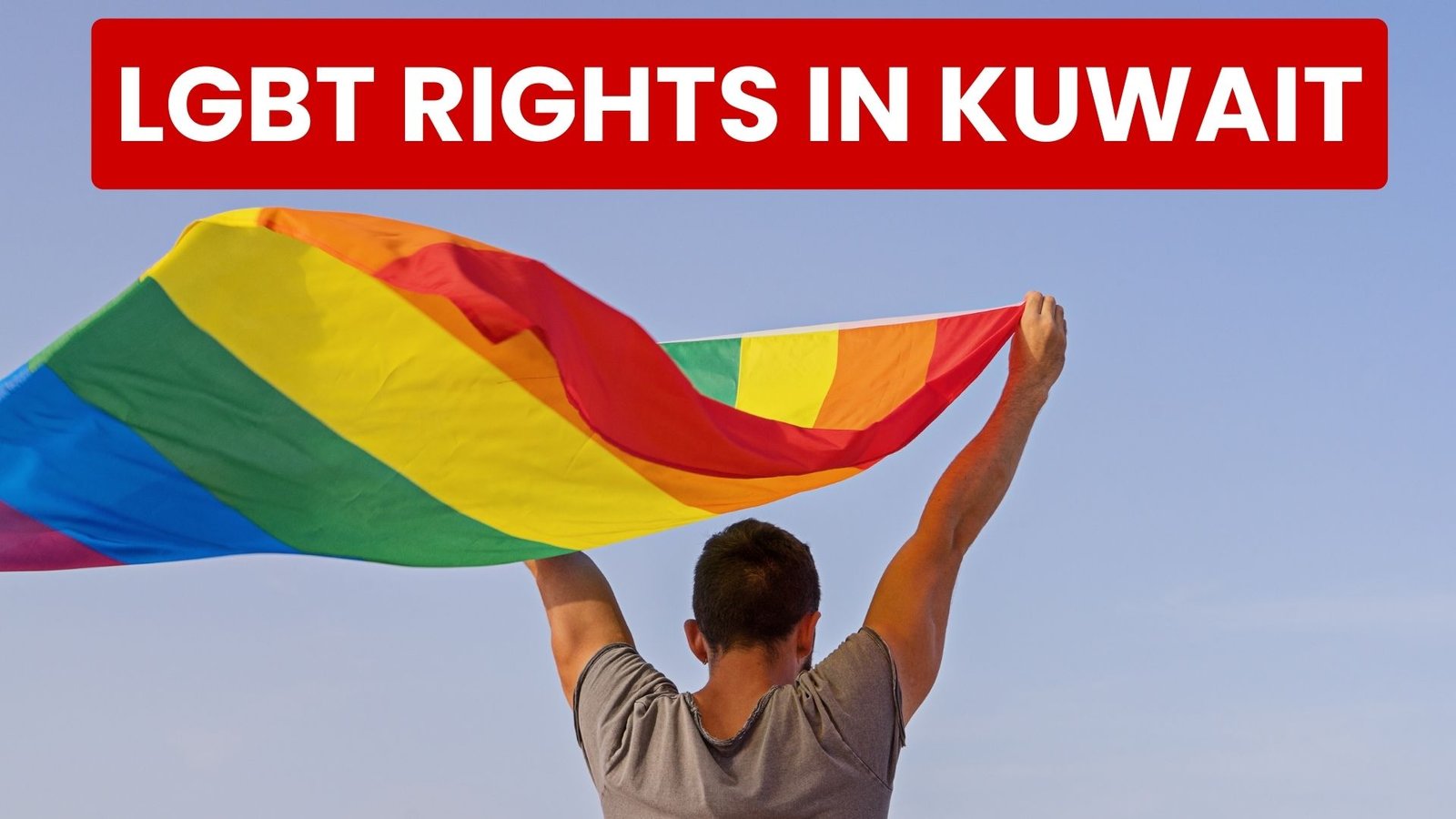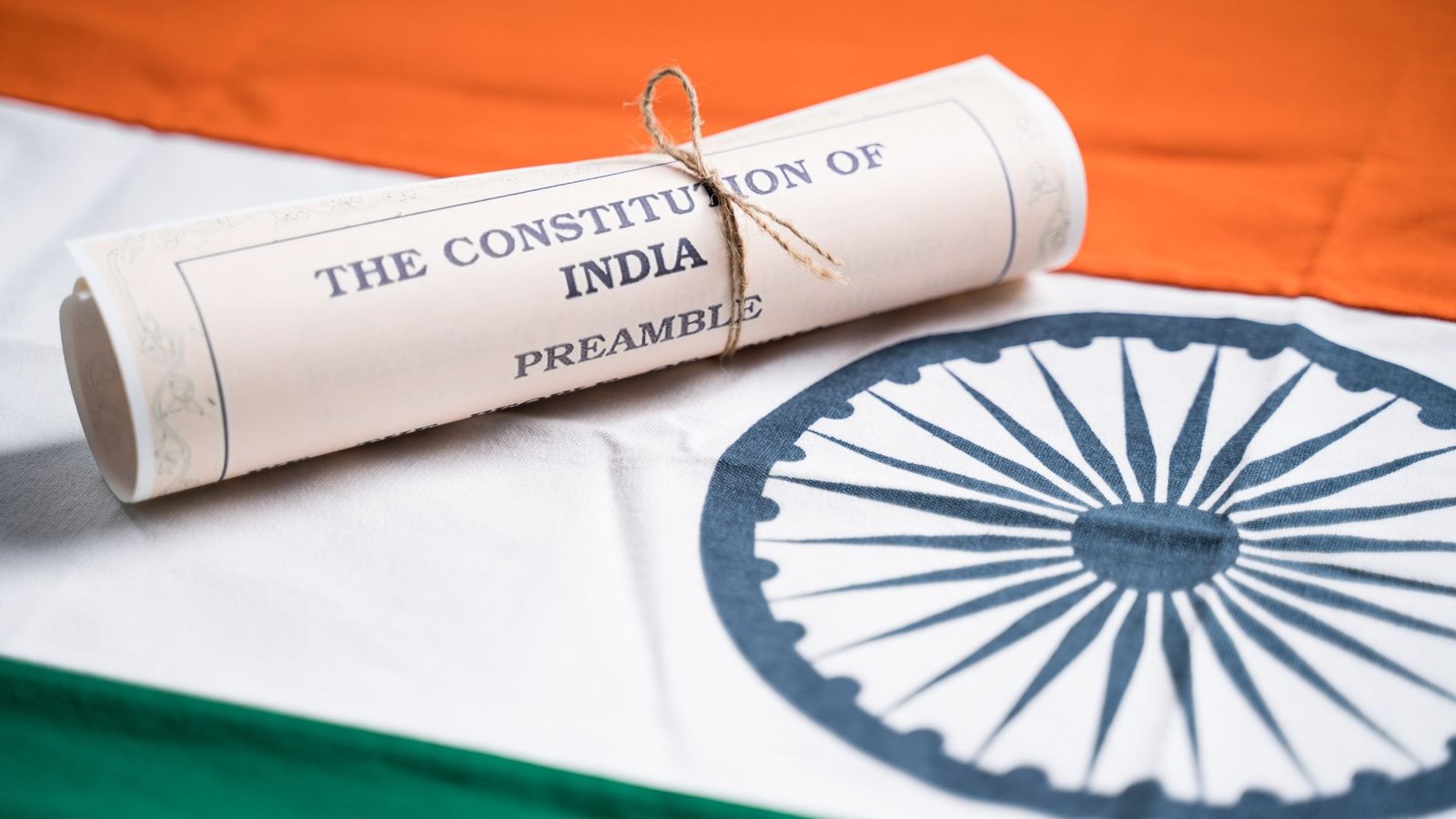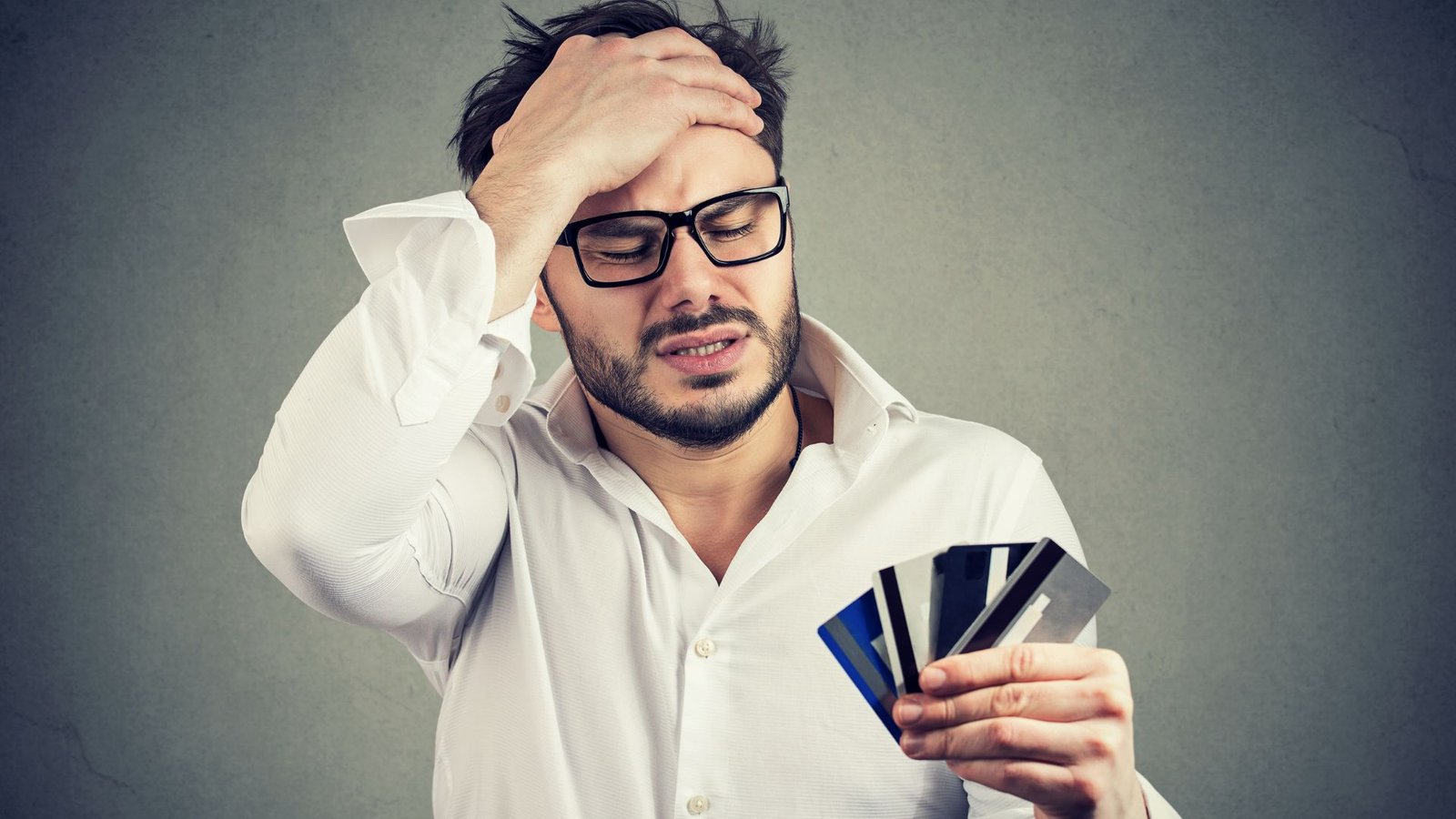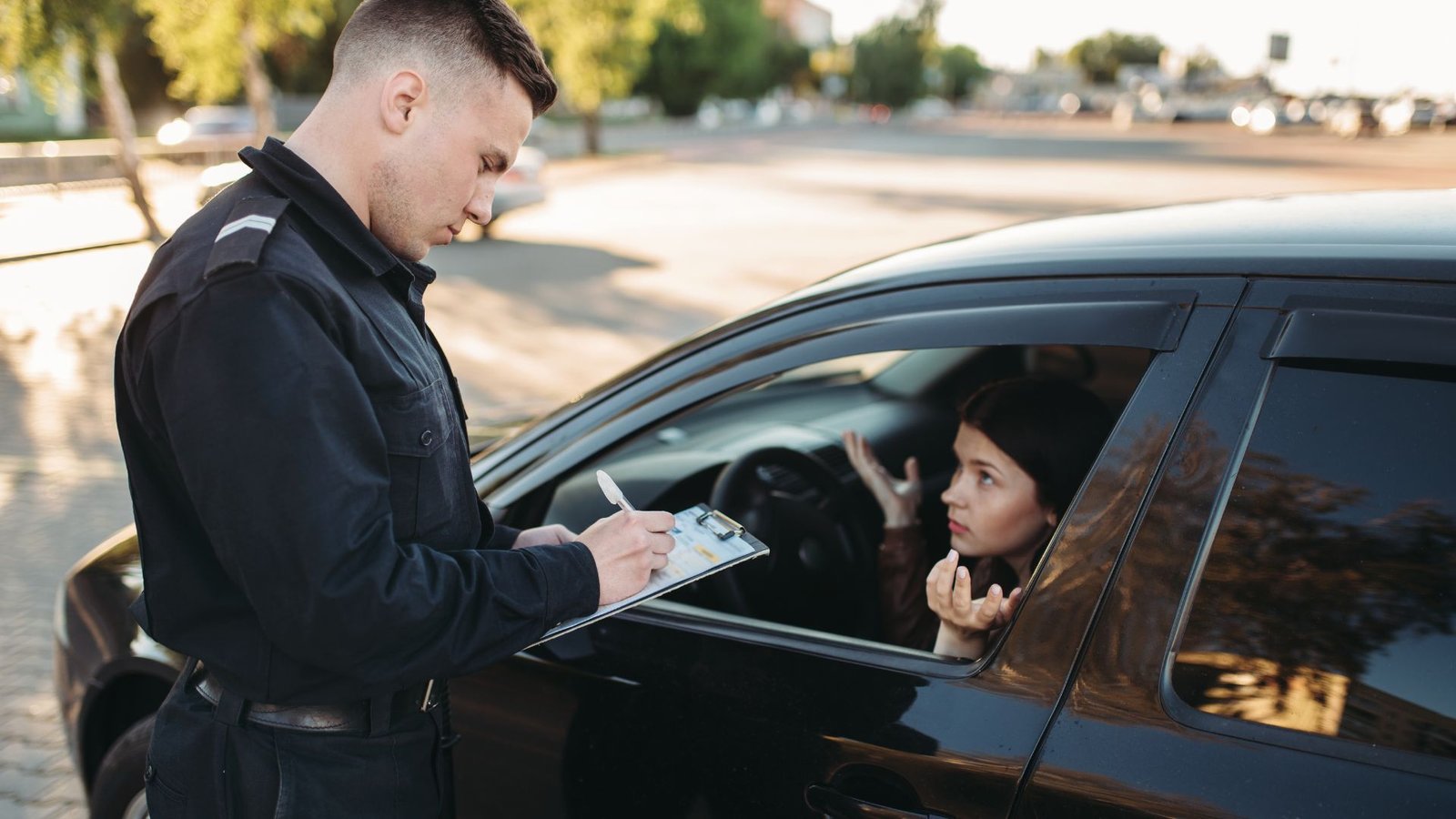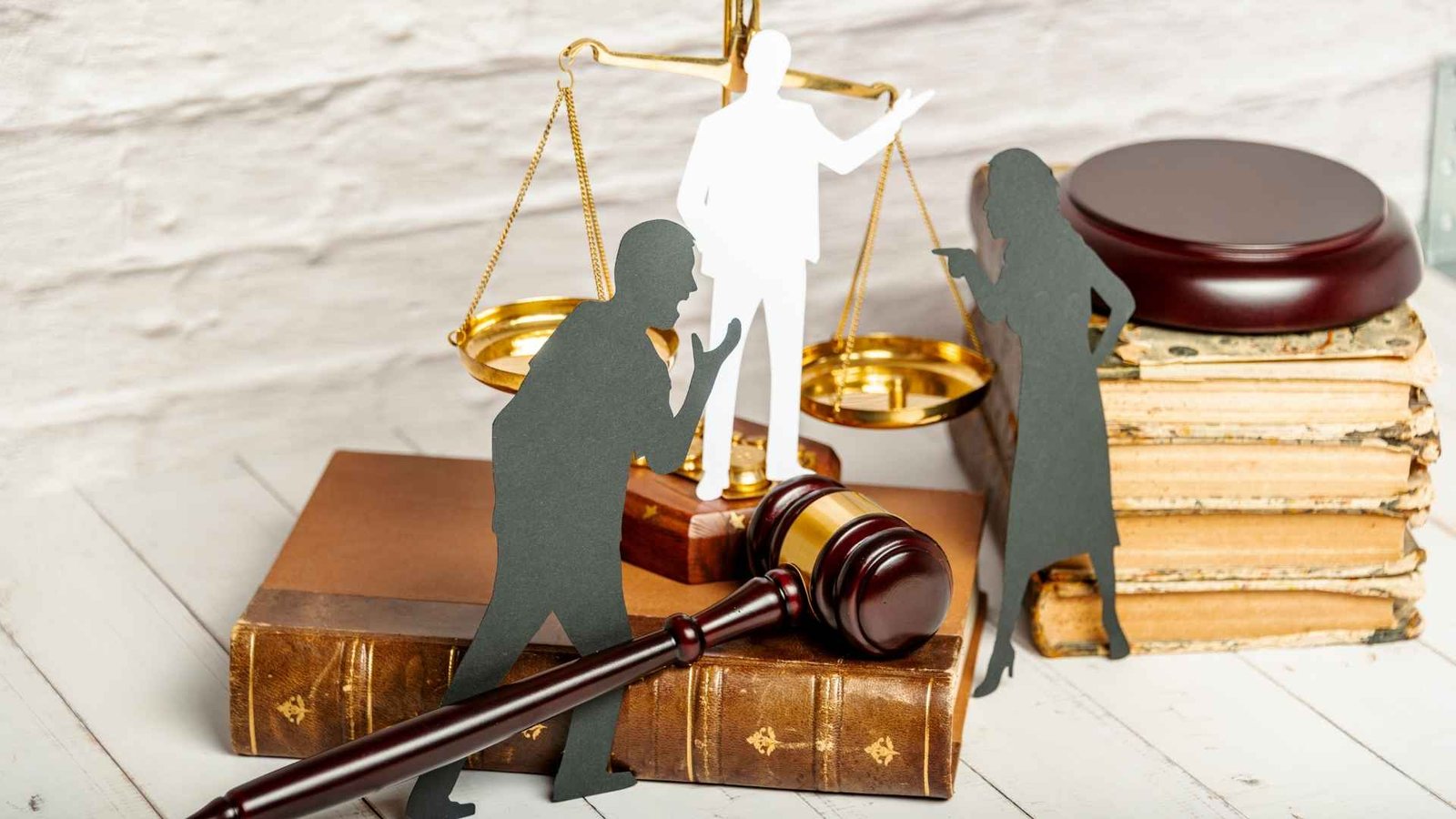On this page you will read detailed information about LGBT Rights in India.
So you’re interested in learning more about LGBT rights in India? You’ve come to the right place. As an openly gay man living in Mumbai, I have a unique perspective on the challenges faced by the LGBT community in India. Despite recent legal victories, the struggle for full equality and acceptance is far from over. Homosexuality was illegal in India until 2018, and same-sex marriage is still not recognized. Discrimination and violence remain all too common for people who don’t fit into traditional gender and sexual categories.
What Does LGBT Stand For? Defining Key Terms
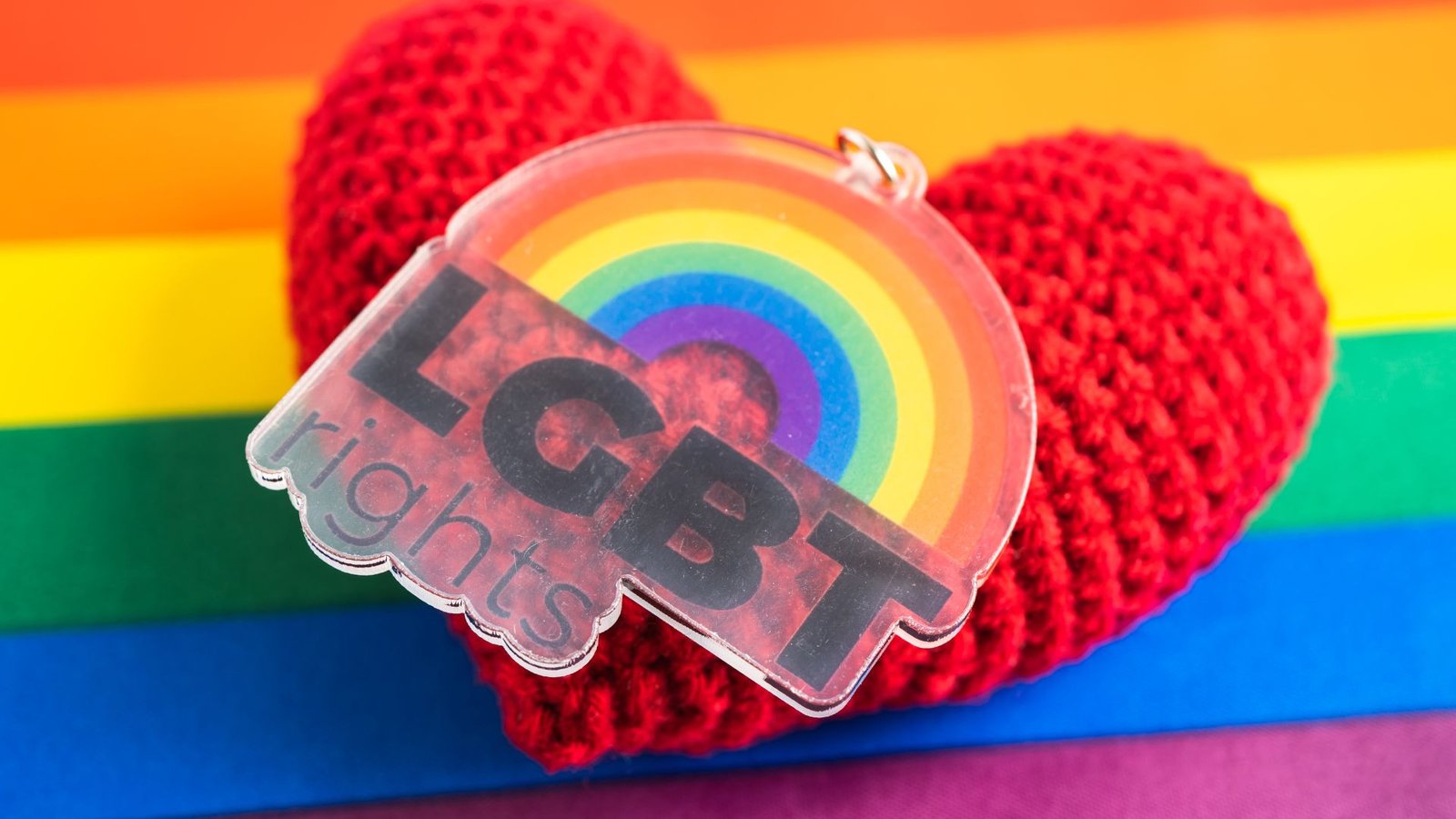
The acronym LGBT stands for lesbian, gay, bisexual, and transgender. These terms describe people’s sexual orientation and gender identity.
Lesbian
A lesbian is a woman who is emotionally, romantically, and sexually attracted to other women.
Gay
A gay person is someone who is emotionally, romantically, and sexually attracted to people of the same sex. Typically, though not always, it refers to men who are attracted to other men.
Bisexual
Bisexual people are emotionally, romantically, and sexually attracted to people of more than one sex or gender. Someone who is bisexual may be attracted to people who are men, women, and people of other genders.
Transgender
Transgender people have a gender identity that is different from the sex they were assigned at birth. Someone who was assigned male at birth but identifies as a woman is a transgender woman. Someone assigned female at birth but identifies as a man is a transgender man. Non-binary people do not identify exclusively as a man or a woman.
The LGBT community faces many challenges in India, where discrimination and lack of legal rights are common. However, the movement for LGBT rights and acceptance has been gaining momentum. Understanding these terms and the experiences of people in the LGBT community is an important first step towards building a more inclusive society.
A Brief History of India’s LGBT Rights Movement
The LGBT rights movement in India has been a long, ongoing struggle. While same-sex relationships were decriminalized in 2018, the community still faces discrimination and inequality.
The movement began in the 1990s with activists campaigning to repeal Section 377 of the Indian Penal Code, a British colonial-era law that criminalized same-sex relationships. Organizations like the Naz Foundation fought lengthy legal battles to challenge the law. After years of efforts, in 2018 the Supreme Court of India ruled that Section 377 was unconstitutional, decriminalizing same-sex relationships.
While this was a major victory, discrimination is still widespread. Many face prejudice, harassment, and “honor killings” by their own families. The transgender community, known as hijras, often live in poverty and face lack of access to jobs, healthcare, and education.
More recent efforts have focused on legalizing same-sex marriage, allowing LGBT couples to adopt, and enacting anti-discrimination laws to protect the community. Several political parties and public figures have advocated for LGBT rights, but others remain opposed. It is still an uphill battle, but activists remain hopeful that one day India will recognize LGBT relationships and protect citizens from discrimination based on sexual orientation or gender identity.
The movement has seen both triumphs and setbacks. But through persistence and courage in the face of adversity, activists have slowly changed mindsets and pushed LGBT rights forward. Each victory paves the way for future generations to live freely and love openly. While total equality remains elusive, the LGBT community in India continues to gain more acceptance and make progress step by step.
Current Legal Status of LGBT People in India
The legal status of LGBT people in India is complex and continues to evolve. As of now, homosexual activity is legal but same-sex marriage and relationships are not legally recognized.
Section 377 and Legalization of Homosexuality
In 2018, India’s Supreme Court overturned Section 377 of the Indian Penal Code, a British colonial-era law that criminalized homosexual activity. This was a landmark victory for LGBT rights in India. However, same-sex marriage or civil unions are still not legally recognized.
Adoption and Inheritance Rights
LGBT couples have no legal rights to adopt children or inherit each other’s property. They cannot file joint tax returns, access insurance benefits, or make medical decisions on behalf of their partners. Single people and LGBT couples still face discrimination in the adoption process.
Anti-Discrimination Laws
There are currently no nationwide laws preventing discrimination against LGBT people in areas like employment, education, healthcare, and public accommodations. Some large companies do have internal policies protecting LGBT employees, but there is no legal requirement. Hate crimes based on sexual orientation are also not officially recognized or penalized.
Transgender Rights
In 2014, the Supreme Court recognized transgender as a third gender and called on governments to ensure their rights. However, discrimination and violence against transgender people, or hijras, remain widespread. Access to education, healthcare, jobs and public spaces is still a struggle for many.
While India has made progress, full equality for LGBT citizens still remains elusive. Continued advocacy and legal challenges are needed to recognize same-sex relationships, protect LGBT rights, and end discrimination across society. Overall, the situation is improving gradually but much work is left to be done.
In the previous post, we had shared information about Hierarchy of Courts in India and Judicial System, so read that post also.
Ongoing Challenges Faced by the LGBT Community
The LGBT community in India faces ongoing challenges in their struggle for equal rights and acceptance. Although Section 377 of the Indian Penal Code was struck down in 2018, decriminalizing homosexual relationships, discrimination and stigma are still widespread.
Social Stigma
Same-sex relationships and non-binary gender identities are still taboo topics in India’s conservative society. Many LGBT people face rejection from their families and communities, as well as difficulties finding jobs or housing due to their sexual orientation or gender identity. The deep-rooted social stigma leads to feelings of shame, fear, and loneliness.
Lack of Legal Protections
While homosexuality is now legal in India, the LGBT community lacks other legal protections against discrimination. There are currently no laws banning anti-LGBT discrimination in healthcare, education, or the workplace. Hate crimes against LGBT people also often go unpunished due to lack of legislation. Activists have been fighting for the passage of a comprehensive anti-discrimination law, but it continues to face opposition.
Mental Health Issues
The minority stress faced by LGBT people in India takes a heavy toll on mental health and well-being. Many experience depression, anxiety, PTSD, and suicidal thoughts due to social isolation, discrimination, bullying, and family rejection. However, the topic of LGBT mental health remains taboo and there is a lack of culturally-sensitive resources available.
Progress is being made, but the road ahead is long. By raising awareness, promoting inclusion, and advocating for legal protections, India can work to dismantle systemic discrimination against its LGBT citizens. But ultimately, what’s most needed to enact change is empathy, compassion, and the will to understand people different from ourselves.
The Path Forward: How India Can Advance LGBT Equality
The path forward for advancing LGBT rights in India is long but promising. Several steps can help create positive change.
Decriminalize Homosexuality Completely
In 2018, India’s Supreme Court struck down Section 377 of the penal code, decriminalizing homosexuality. However, other discriminatory laws like Section 375 of the Indian Penal Code still do not recognize same-sex relations. These remaining laws need to be repealed to fully legalize homosexuality.
Pass Comprehensive Anti-Discrimination Laws
India currently has no national law prohibiting discrimination against the LGBT community. Enacting a comprehensive law banning discrimination in employment, healthcare, education, and public accommodations would help protect LGBT individuals from prejudice and unequal treatment. These protections have been shown in other countries to promote social acceptance over time.
Legalize Same-Sex Marriage
India does not currently recognize same-sex marriages or civil unions. Legalizing same-sex marriage would grant LGBT couples the same rights and benefits as heterosexual couples. Marriage equality is considered by many to be the pinnacle of LGBT rights and social acceptance.
Improve Access to Healthcare
Many in India’s LGBT community face barriers to accessing healthcare due to discrimination and lack of provider education on their unique needs. Improved healthcare access could be achieved through sensitivity training for healthcare professionals, healthcare non-discrimination laws, and resources for specific health issues facing the LGBT population.
Promote Public Education and Awareness
Broadly promoting LGBT acceptance and empowerment through public education campaigns, curriculum changes, media representation, and celebrity advocacy can help shift cultural attitudes over time. Educating the public on issues facing the LGBT community can foster empathy and understanding.
Progress on LGBT rights in India will require coordinated efforts across government, healthcare, education, media, and society as a whole. But by taking deliberate steps towards equality and inclusion, India can become a leader for LGBT rights on the global stage. The path is long, but the rewards of a just, equitable and compassionate society are well worth the effort.
Conclusion
So there you have it, the ongoing fight for LGBT rights in India. While progress has been slow, there are glimmers of hope as activists and allies continue to advocate for change. But the path forward won’t be easy. Pushback from conservative and religious groups will likely remain fierce. Still, by raising awareness, promoting empathy, and calling on politicians to make equality and human rights a priority, the LGBT community in India can build on the momentum that’s been growing. Every small win matters in shaping public opinion and influencing lawmakers. And with perseverance, one day soon India may join the growing list of countries that recognize love is love, regardless of gender or sexuality. The future is bright, so don’t lose hope! Together, we can all play a role in helping make that future a reality.
Disclaimer
The information and services on this website are not intended to and shall not be used as legal advice. You should consult a Legal Professional for any legal or solicited advice. While we have good faith and our own independent research to every information listed on the website and do our best to ensure that the data provided is accurate. However, we do not guarantee the information provided is accurate and make no representation or warranty of any kind, express or implied, regarding the accuracy, adequacy, validity, reliability, availability, or completeness of any information on the Site. UNDER NO CIRCUMSTANCES SHALL WE HAVE ANY LIABILITY TO YOU FOR ANY LOSS OR DAMAGE OF ANY KIND INCURRED AS A RESULT OR RELIANCE ON ANY INFORMATION PROVIDED ON THE SITE. YOUR USE OF THE SITE AND YOUR RELIANCE ON ANY INFORMATION ON THE SITE IS SOLELY AT YOUR OWN RISK. Comments on this website are the sole responsibility of their writers so the accuracy, completeness, veracity, honesty, factuality and politeness of comments are not guaranteed.
So friends, today we talked about LGBT Rights in India, hope you liked our post.
If you liked the information about LGBT Rights in India, then definitely share this article with your friends.
Knowing about laws can make you feel super smart ! If you find value in the content you may consider joining our not for profit Legal Community ! You can ask unlimited questions on WhatsApp and get answers. You can DM or send your name & number to 8208309918 on WhatsApp

